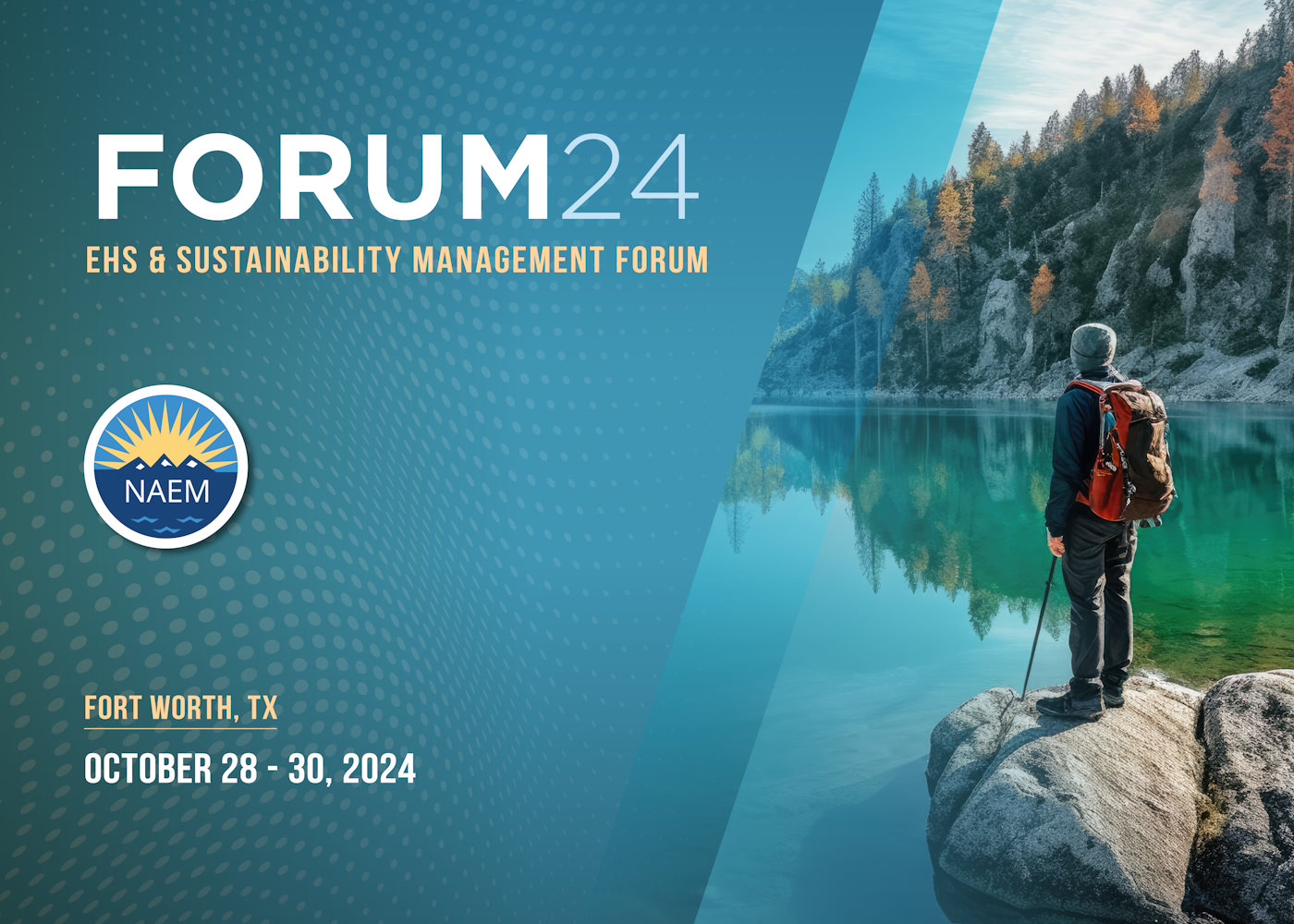CSRD Readiness

In this Q&A, Jen discusses the opportunities and challenges presented by DMAs, what many EHS and Sustainability professionals don’t realize about DMAs, and what attendees will gain from attending her session.
What parts of CSRD are organizations struggling with and why?
For many companies, this will be their first time completing a double materiality assessment (DMA), which has stringent guidelines in some areas and is open to interpretation in other areas. This means there are many opportunities for internal alignment and change management during the process. However, once the DMA is completed, a new set of disclosure obligations is unleashed, and they may require data to be collected and synthesized in new ways, by new stakeholders.
What’s something many people don’t realize about a DMA?
A DMA requires companies to assess impacts based on scale, scope, irremediability, and likelihood. Because climate change affects everyone (scale), is difficult to remediate once greenhouse gasses are emitted (irremediability), and is already happening (likelihood), a DMA is weighted towards finding climate change and related impacts as “material.” As a result, material topics may be weighted toward being environmental due to the methodology.
What will people who attend your session walk away with?
Best practices for change management and stakeholder engagement to prepare for CSRD.
What are you looking forward to most about FORUM24?
Engaging with other practitioners!
###
Join Jen and other EHS and Sustainability leaders from around the country at FORUM24 to share real-world experiences, proven strategies, and key lessons learned to advance the success of your organization. >> View full program
Related
About the Author

Jennifer Boyton
Stryker Corp.
Jen Boynton sits on Stryker’s Corporate Responsibility leadership team as Director of Strategy and Integration. Prior to Stryker, she produced ESG reports and report content for a variety of clients and led TriplePundit, a media publication about the triple bottom line, as Editor in Chief. She has an MBA in Sustainable Management from Presidio Graduate School and lives in sunny San Diego with her husband, two daughters and a quarantine rescue pup.










